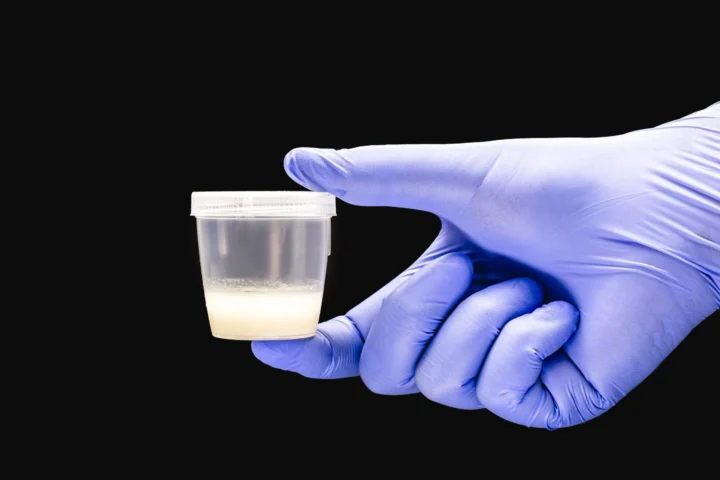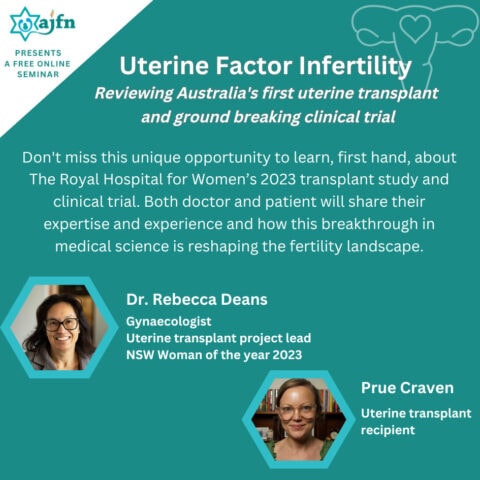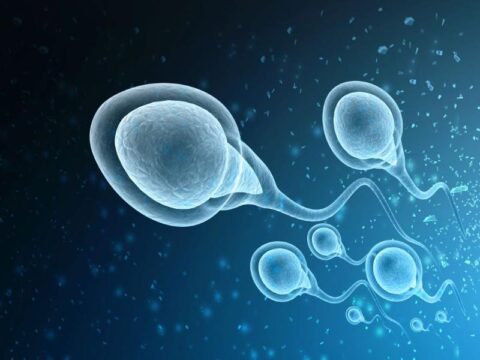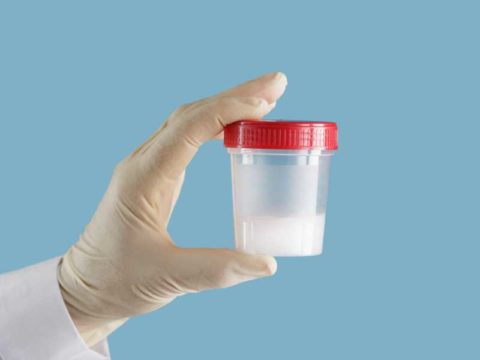In relation to donated eggs, sperm and embryos, all clinics in Australia are required to follow State and Federal legislation to ensure they remain accredited to continue practising. Therefore, the typical approach, after the initial medical and fertility assessments of the couple is to ensure that appropriate counselling and screening blood tests are done prior to treatment proceeding. The counselling requirements vary depending on whether the gamete donation is from a known or unknown donor to the couple.
The clinic must also register the donor’s details with the NSW (or other State) Health Department, once a pregnancy has occurred, so that the child can have access to identifying information of their donor in the future (which the child may access once he/she has reached the age of 18 years).
Fertility First follows all these guidelines but what makes our programme unique, specifically for donor eggs, is that they are hand carried to Australia, which maximises their quality compared to unaccompanied transportation which can lead to issues if the transport tank is opened by Customs, for example, or the tank is not stored correctly during transport.
What is the process (from a medical/clinical point of view) that a couple needs to go through for each of the categories’ financials – what are the typical costs?
The process as above, requires blood and urine tests for infection screens, testing for nutritional deficiencies such as Vitamin D and folate, that can adversely affect both eggs and sperm and the developing baby.
It is essential that the woman’s uterus is checked to ensure there are no polyps or fibroids, for example, impacting on the uterine cavity and therefore the likelihood of an embryo hatching out and implanting. If donor sperm is being used, the fallopian tubes need to be assessed and the number of eggs the woman has growing at any one time must be known. All these can be done with one specialised ultrasound examination.
The man’s sperm, if it is a donor egg scenario, needs to fulfill certain criteria, including ensuring levels of DNA damage are not too high, otherwise the chance of getting pregnant and staying pregnant will be compromised. If a surrogacy is being planned, then the same tests need to be done on the surrogate.
Costs are variable but a general range is below but will reduce significantly once Medicare, insurance and Medicare safety net applies – really need to check with clinic or a clinic’s website for likely Out of Pocket costs which will reduce these by thousands of dollars – these costs are before all those are taken off:
- Egg donation Cost of eggs ~ $US$10,000 + $6,800
- Sperm donation Cost of sperm – $1,500 + treatment – IUDI $2,000, IVF $8,900
- Embryo donation $3,300
- Surrogacy Depends of if IUI $3,600 vs ICF $4,900
What are some of the common challenges these couples face along their journey?
Having to have the anxieties of treatment and will it work as there is never a 100% chance per treatment, physical aspects of injecting drugs, having to attend appointments to screen when best to do the treatment, strain on relationship as a stressful time potentially, and extensive financial outlay.
What are some important points couples need to be aware of before they embark on their ‘donor’ journey?
In most cases it will work, it’s just a matter of hanging in there until it does, being kind to each other, trusting the team looking after them – the Internet and social media don’t hold medical degrees – having support; but not to the extent it puts additional pressure on the couple.
What additional resources/support exists for these couples beyond what the clinic offers (such as from an emotional, financial, educational, and legal perspective to support them through their entire process)?
All of the usual services available to people. Most clinics have a counsellor who is there for couples or individuals; however, when they are struggling, they might use outside counselling; some legal firms specialise in this work, especially surrogacy for which a legal agreement is mandatory.
How do you match donors/surrogates with intended parents? What sort of screening process takes place?
Donors: the couple are offered choices and they make the decision as to who they would like to match with.
Surrogates: Clinics don’t provide or source surrogates; the couple unfortunately needs to find a surrogate and bring them to the clinic. Various websites are available to help with this search.
What happens if something unexpected happens?
Following a miscarriage or a failed embryo transfer, for example, the couple trying to fall pregnant will usually have a follow-up appointment with the specialist doctor, as well as be offered time with a counsellor for review, before any further treatment.
Donors and surrogates are not responsible for the outcomes of the couple’s treatments.
What are the ethical issues associated with surrogacy – for example, the rights of the child produced, whether people need to tell the child about their conception by donation?
There is much written on this topic and there are many differing views; hence why all parties involved must have compulsory counselling sessions with a cooling off period and a final joint session before any treatment is planned to start.
Legally people do not need to tell their child but are strongly encouraged to do so, and from an early age. The arrival of the family DNA products – Ancestry.com. etc – make it even more important that the child is clear about their origins rather than getting a surprise much later in life.
Do the success rates of donor egg/sperm/embryo and surrogacy differ to the ‘intended parents’ using their own? If so, how…
The answer here is that it depends on the couple and their circumstances. Sperm and eggs from younger people will always have a better pregnancy rate than from older people. The outcome from surrogacy doesn’t just depend on the surrogate and her age; it is also influenced by the age of the commissioning couple when the embryos were made, and the quality of those embryos.
How does someone find a donor?
The safest way of finding a donor is through a fertility clinic. Their donors are screen for infections, inheritable disease, counselled etc. It is also possible to use online sites but none of the protections which an accredited fertility clinic offers will be in place.
Does your clinic have a donor database or is the recipient required to find their own donor for sperm, egg or embryo donation?
Embryo donation is now very uncommon, however Fertility First has a database for donor eggs and donor sperm. The recipients then get to make the choice regarding who is matched to them.
Source: written for AJFN / interview style





